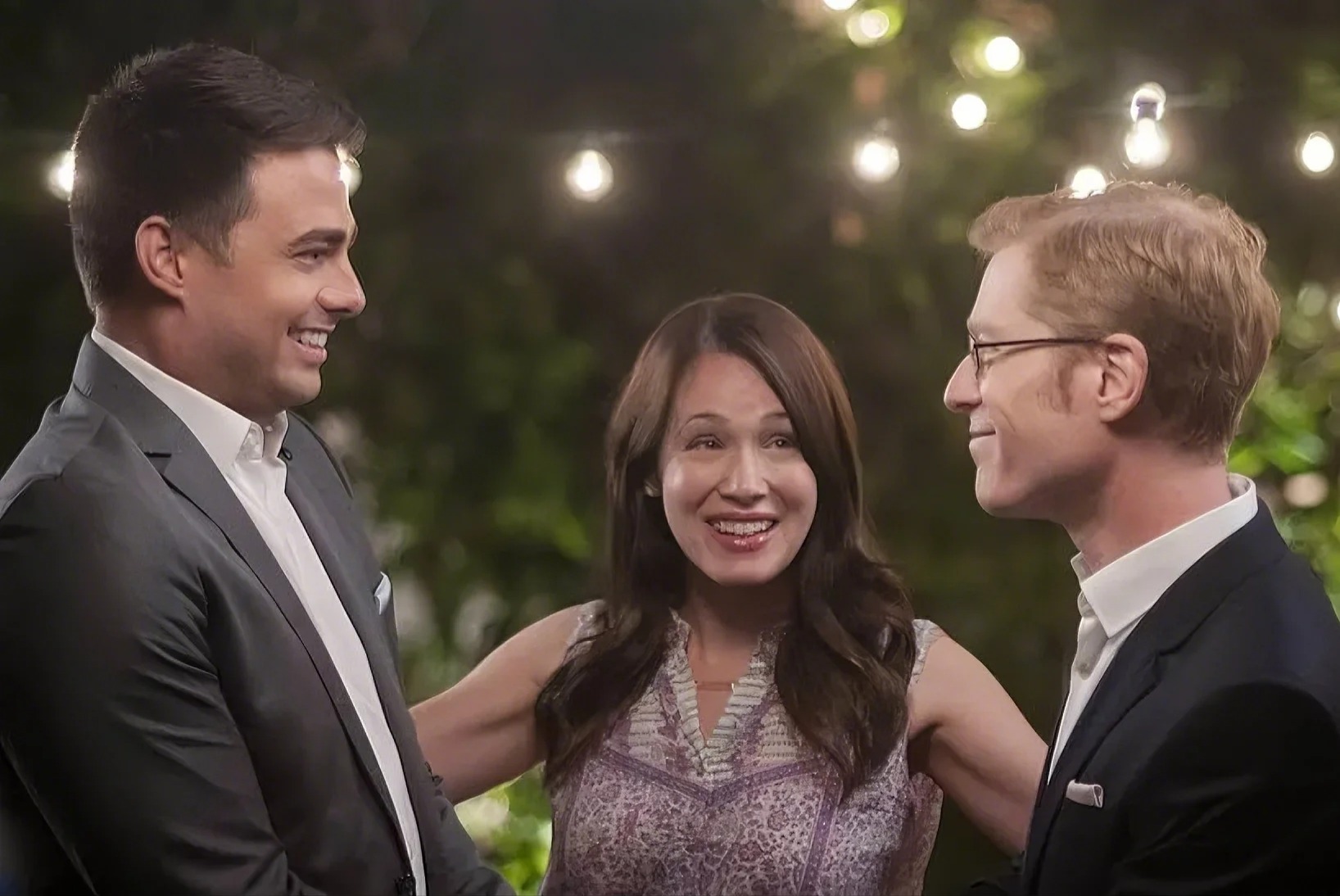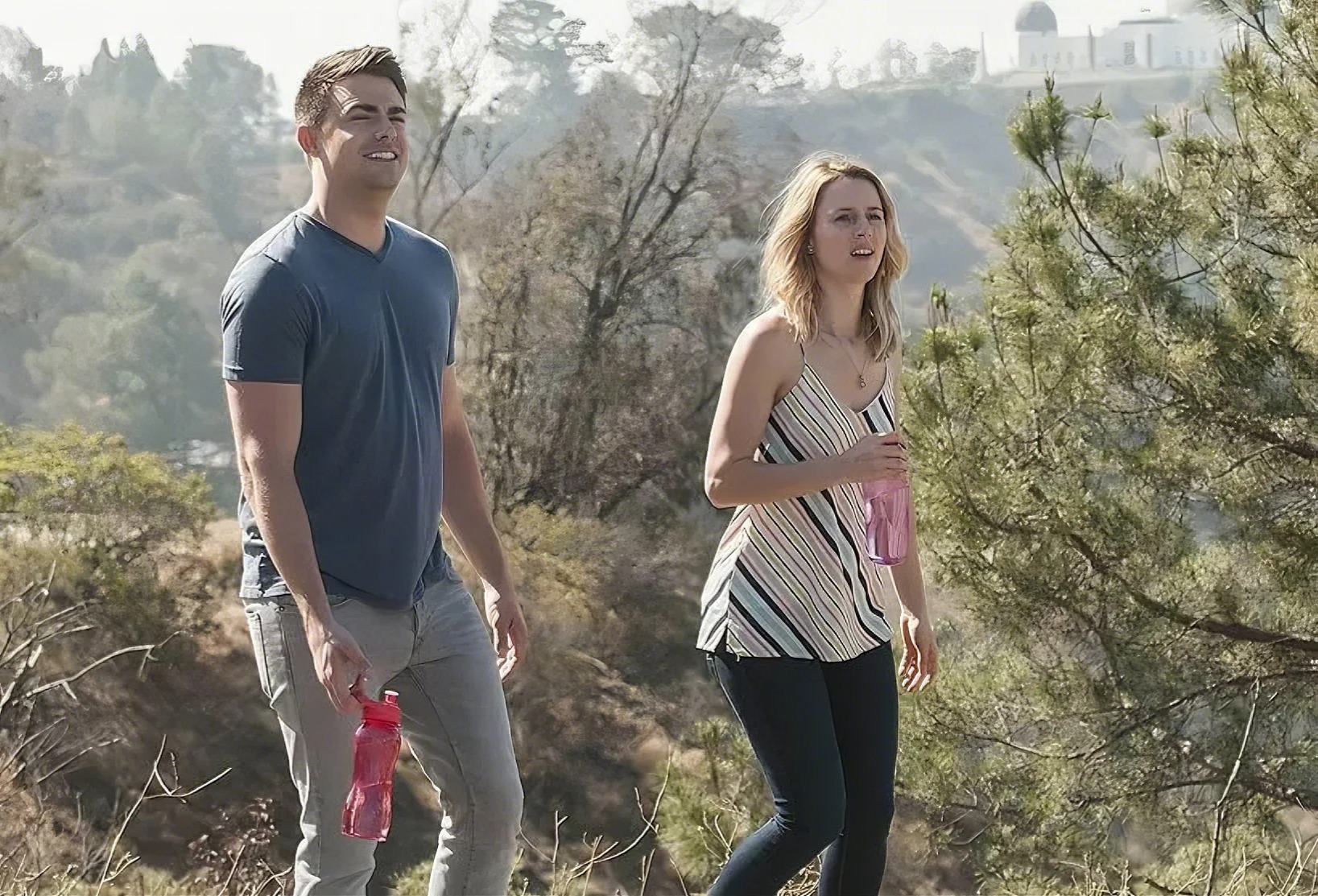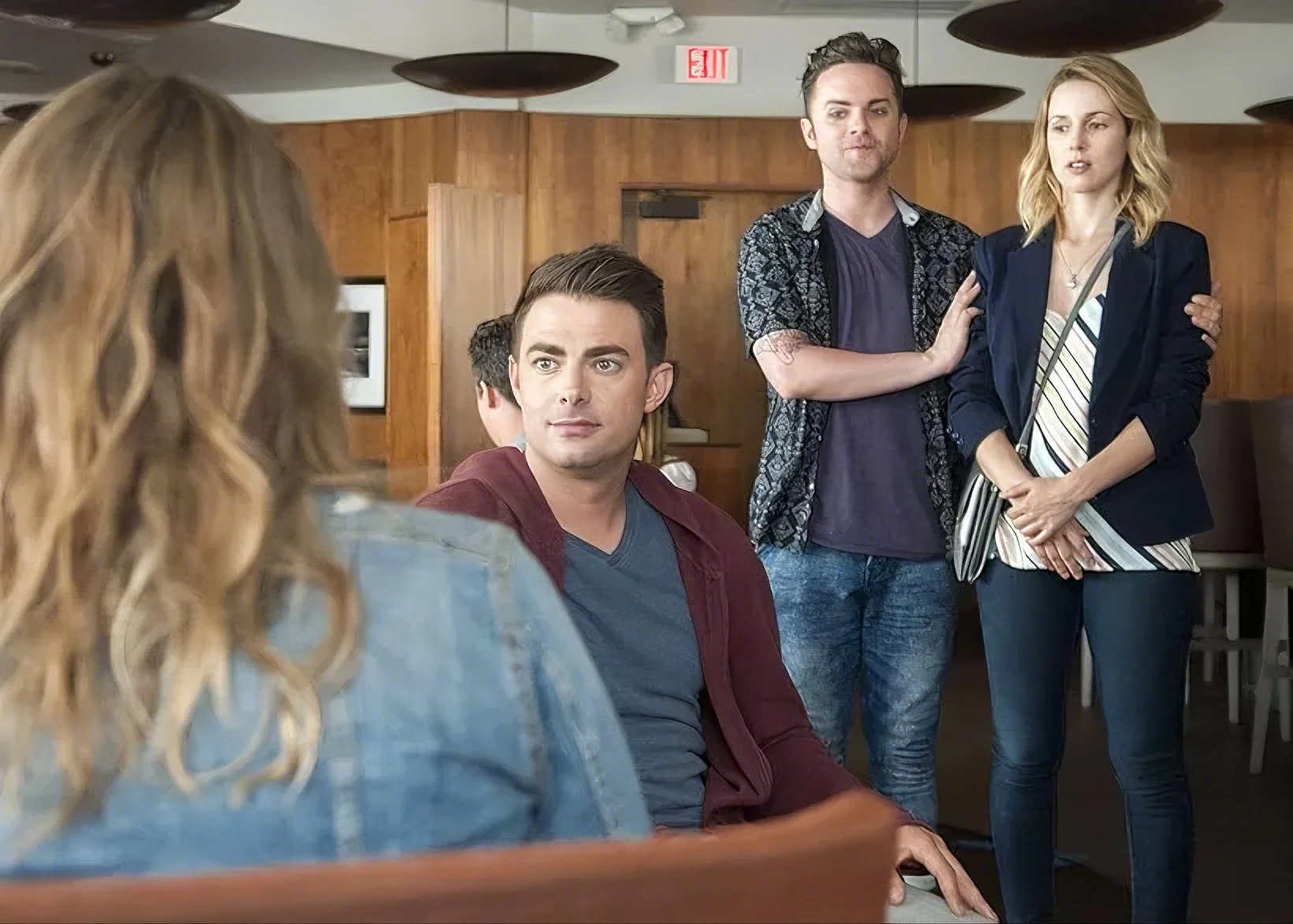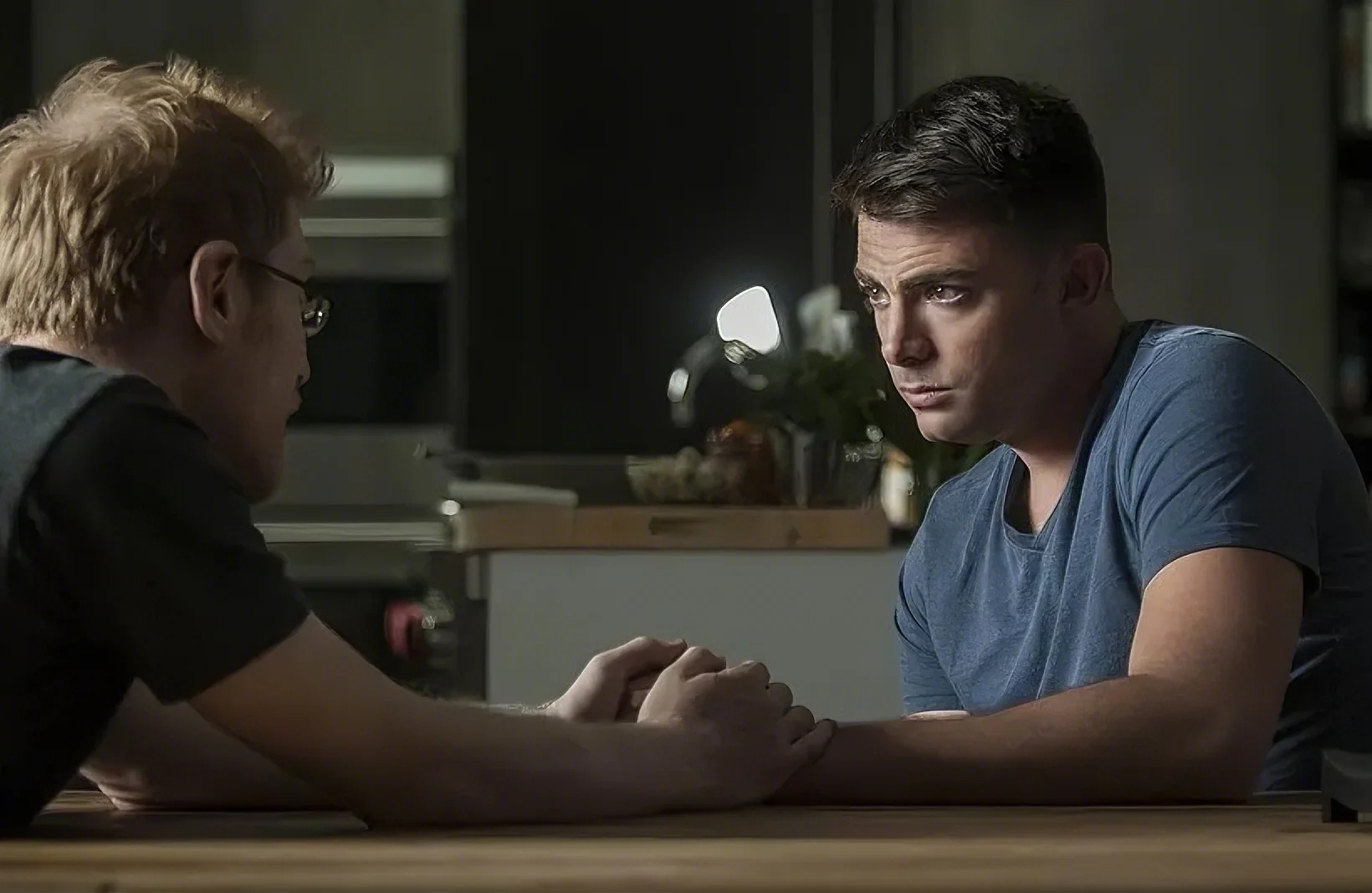Do You Take This Man (2016) is a heartfelt romantic drama written and directed by Joshua Tunick. The film offers an intimate and emotionally charged look at relationships, commitment, and the complexities of modern love. Starring Anthony Rapp, Jonathan Bennett, and Alyson Hannigan, it delves into the hours leading up to a same-sex wedding, exploring the doubts, fears, and vulnerabilities that come with saying, “I do.”

The story takes place over a single day, as Daniel (Anthony Rapp) and Christopher (Jonathan Bennett) prepare to host an intimate wedding ceremony at their home, surrounded by close friends and family. The couple has been together for some time and is now ready to formalize their relationship. However, as the day unfolds, hidden insecurities and unresolved issues begin to surface.

Daniel, a pragmatic and emotionally guarded man, starts questioning whether marriage is the right choice for him. Christopher, on the other hand, is more open and eager to take this step, but his idealism clashes with Daniel’s hesitation. Their friends and family, including Summer (Alyson Hannigan), Daniel’s supportive best friend, and Emma (Hutchi Hancock), Christopher’s quirky sister, offer advice, humor, and their own perspectives on love and marriage.
As the day progresses, the couple faces a series of honest and vulnerable conversations about their past, their differences, and their fears for the future. These moments force them to confront what commitment truly means and whether love alone is enough to sustain a marriage.

The film culminates in a poignant decision about whether they will move forward with the ceremony, leaving audiences with a thoughtful exploration of love, trust, and compromise.
Do You Take This Man received praise for its nuanced performances, particularly from Anthony Rapp and Jonathan Bennett, who brought depth and authenticity to their roles. Critics appreciated the film’s focus on emotional honesty and its refusal to rely on melodrama or clichés. The dialogue-driven narrative and the exploration of universal relationship themes made it relatable to audiences beyond the LGBTQ+ community.

Some viewers, however, felt the film’s pacing was slow, as much of the story unfolds through introspective conversations. Despite this, the intimate storytelling and well-drawn characters resonated with many, making it a thoughtful addition to the genre of romantic dramas.
